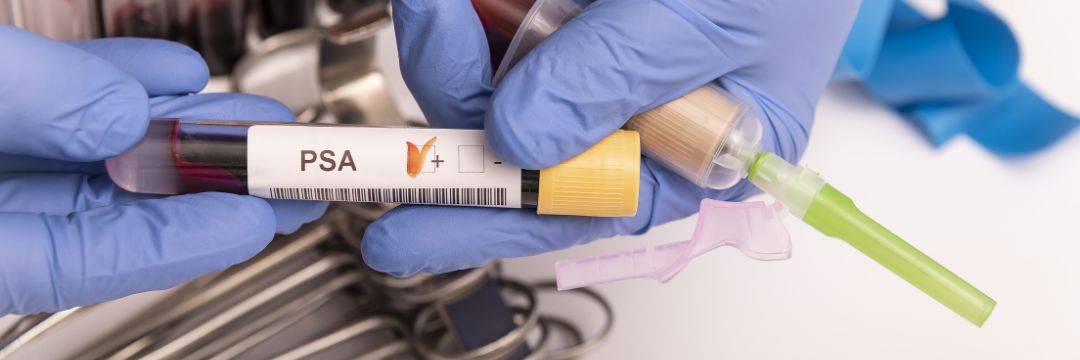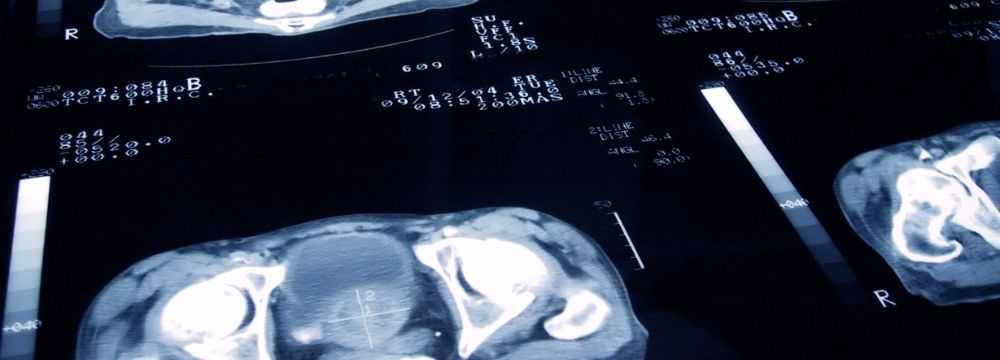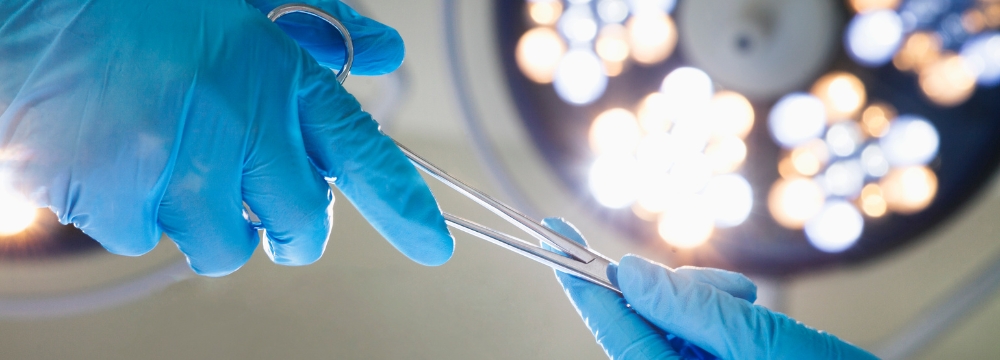According to the statistics from the American Cancer Society, there will be an estimated 248,530 new cases and about 34,130 deaths from prostate cancer this year. The alarming prevalence highlights the sheer importance of early detection and diagnosis.
If you are a male and in your 50s, it proves prudent to discuss cancer screening with your prostate doctor. Since your age in itself is a risk factor, your doctor may recommend that you already start routine screenings.
Here’s what you need to know about how your prostate doctor will screen and diagnose prostate cancer.
Early Tests for Prostate Cancer
The goal of prostate cancer screening is to detect the types of cancer that are more likely to spread if not treated and to treat them early before they spread.
The following tests are commonly used to screen for prostate cancer and to decide whether diagnostic tests are required:
PSA Test
According to the U.S. Preventive Services Task Force (USPSTF), men between the ages of 55 and 69 should talk to their doctors about regular screening for prostate cancer using a prostate-specific antigen (PSA) test, which is the least invasive screening method for prostate cancer.
Cancerous and noncancerous tissue produce PSA, which is a type of protein. High levels of PSA — over 4 ng/mL of blood — may indicate the presence of prostate cancer. Men with PSA levels of over 10 have a 50 percent chance of having prostate cancer.
Digital Rectal Examination (DRE)
A DRE is a screening procedure in which your doctor will insert their gloved, lubricated finger into your rectum and feel the surface of your prostate through the bowel wall. The purpose of this test is to feel any lumps or areas of hardness that may be indicative of prostate cancer
Diagnostic Tests for Prostate Cancer
If your doctor detects an abnormality in your prostate gland, they may order any of the following diagnostic testing methods to confirm or rule out prostate cancer:
Transrectal Ultrasound
A transrectal ultrasound involves the insertion of a small probe into your rectum. The probe uses sound waves to produce images of your prostate gland and surrounding tissue and detect any irregularities.
Magnetic Resonance Imaging (MRI)
MRI also involves the use of sound waves to produce images of the prostate. In an MRI procedure, a contrast dye will be injected into your vein and you will be into a machine, which utilizes a powerful magnet.
MRI provides a detailed information of how water molecules and blood flow through your prostate, detecting whether cancer is present and whether it is aggressive. The results will help your doctor plan your treatment.
Prostate Biopsy
Your doctor, using ultrasound or MRI, will take a tissue sample from your prostate (also known as prostate biopsy). To take a tissue sample, your prostate doctor uses a thin needle and insert it into your prostate, then send the sample to a laboratory for analysis.
If cancer cells are found in the sample, it will be assigned a Gleason score, which is a grading system used to determine the aggressiveness of the cancer.
Board-Certified Prostate Doctor in Charlotte, NC
If you have strong risk factors for prostate cancer, don’t wait to feel any of its symptoms—talk to your doctor about getting regular screenings. Early detection is key to tackling prostate cancer and improving your treatment outcome.
For decades, Dr. Richard Natale at Carolina Urology Partners has helped our patients stay on top of their health by providing comprehensive men’s health services. He makes recommendations for prostate cancer screenings to our patients according to their risk factors and preference.
If you are concerned about prostate cancer, make an appointment with Dr. Natale by calling us or using our online request form.









